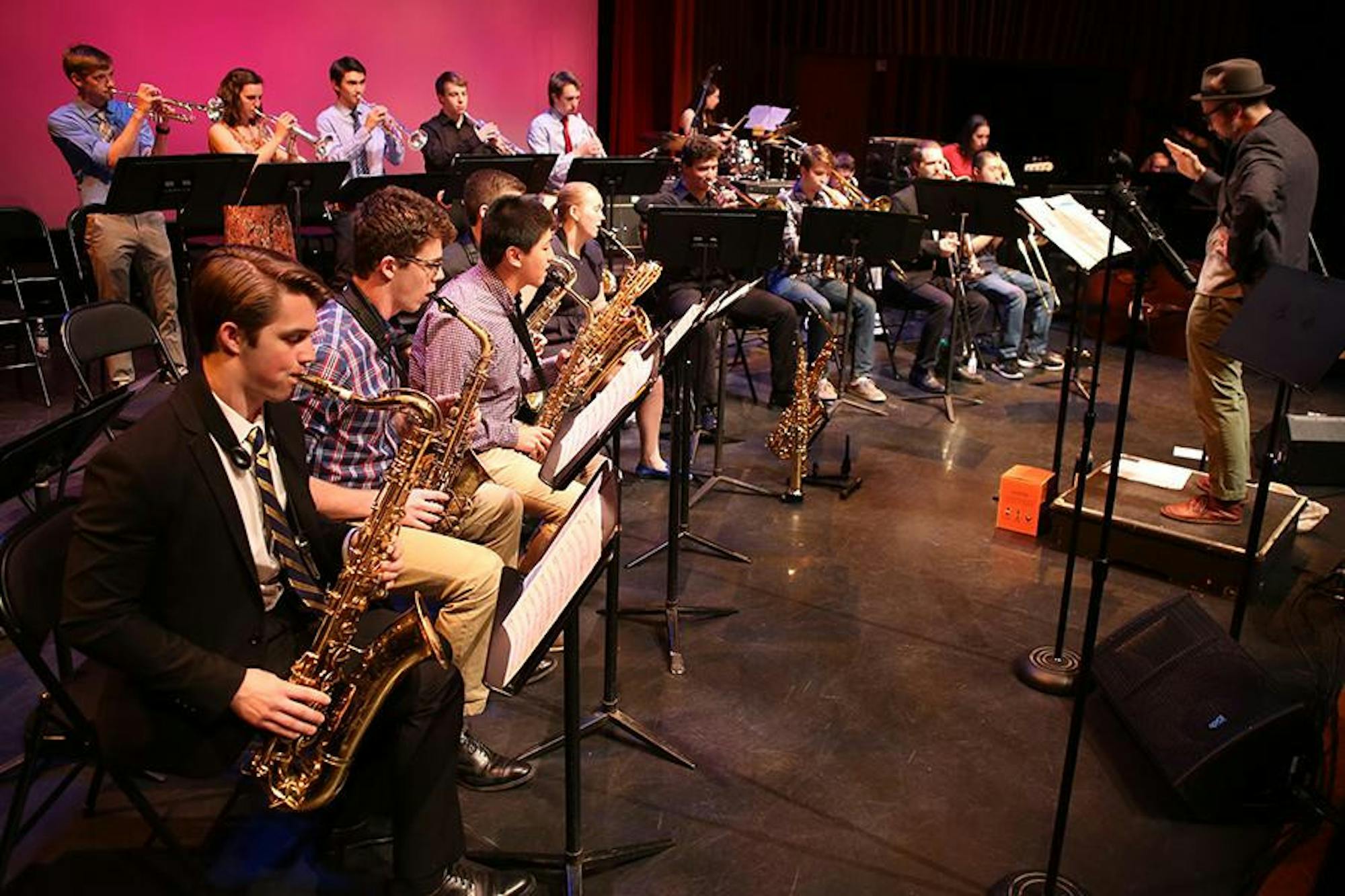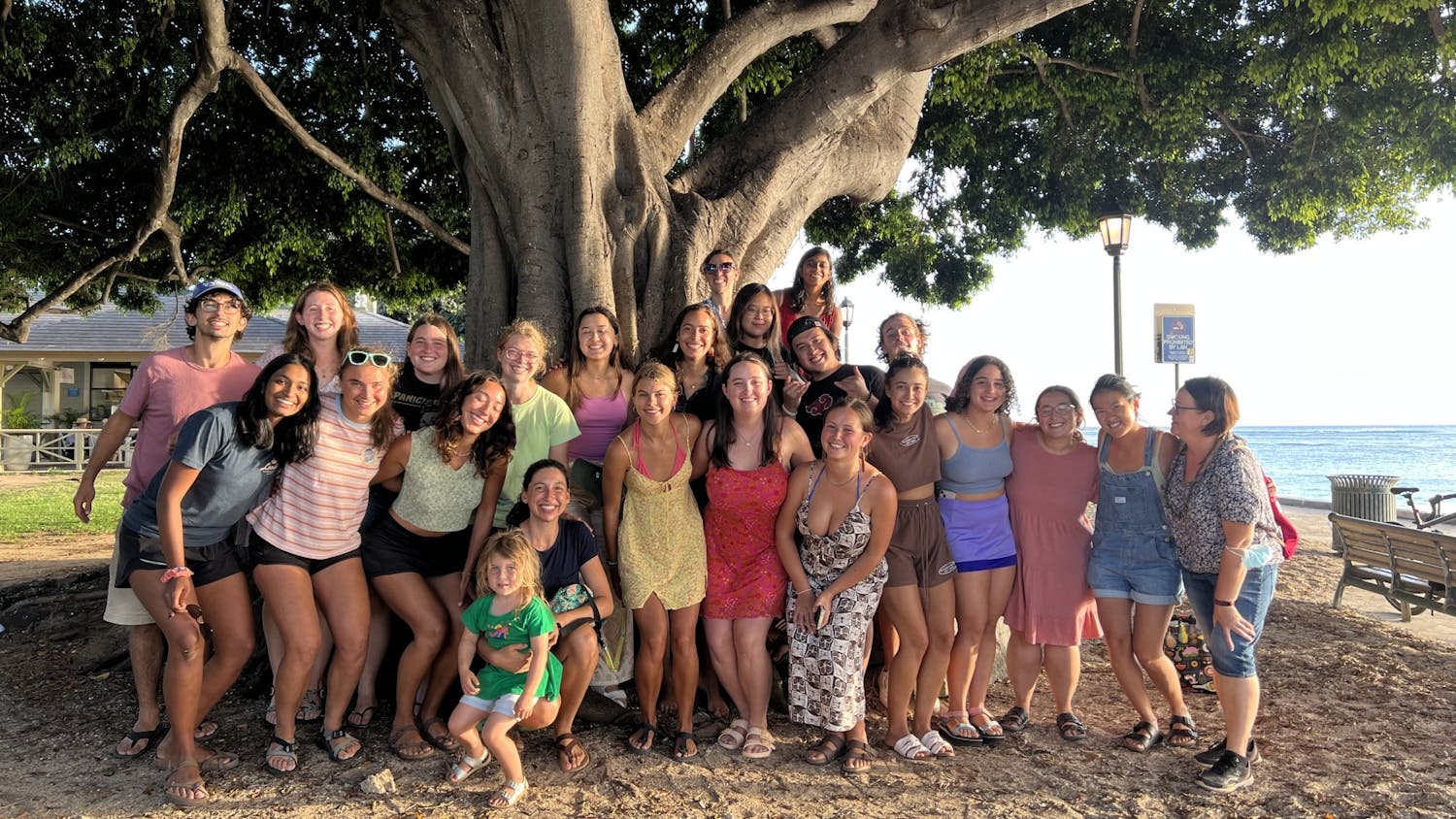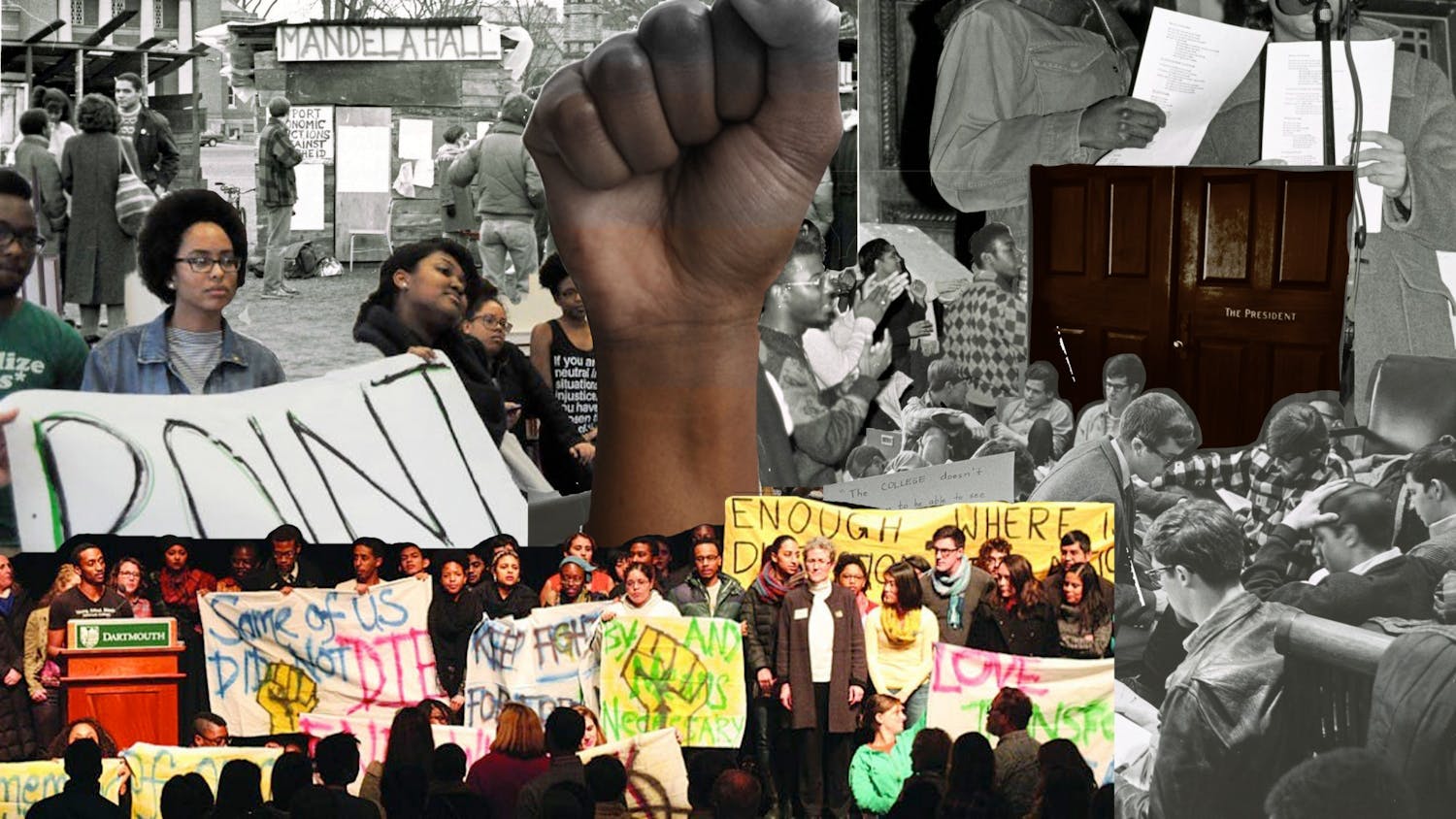Week 9 is busy for Dartmouth students for various reasons: Professors dole out final assignments, formal season kicks off and students solidify summer plans. For me, however, Week 9 is busy due to Coast Week, referring to the Dartmouth Coast Jazz Orchestra’s concert on May 27. My nights will be filled with longer hours of rehearsals, as we work tirelessly to put on the best show that we can.
The Coast Jazz Ensemble is a musical collective at Dartmouth centered around performing jazz and Black creative music. The Coast has existed at Dartmouth for over 100 continuous years, making the Coast one of the longest running jazz ensembles in the country.
Before the 1960s, jazz at Dartmouth resembled the student band scene today, as students would create their own jazz combos to perform at fraternities. Dartmouth’s jazz bands also toured up and down the East Coast, even using some of the money they earned from gigs to pay for their college tuition. As jazz became less popular over time and the bands lost popularity in the 1970s, the Coast Jazz Ensemble became a band within the Hopkins Center for the Arts, where it has stayed to this day.
The Coast has invited guest jazz artists to play at Dartmouth throughout the years, from bebop stars like Dexter Gordon and Max Roach, Latin jazz pioneers like Eddie Palmieri and avant-garde trailblazers like Lester Bowie. Notably, Dartmouth is the only college where the famously eccentric Sun Ra and his backing band, the Arkestra, had a formal residency. The diversity of the guest artists Dartmouth hosted is unique among its peer institutions.
The College was also an early pioneer in hiring jazz artists and scholars to teach classes. Under a program started by music professor emeritus Jon Appleton, Dartmouth began inviting guest artists to teach classes for a term in the early 1970s. These guest artist teachers included musicians Don Cherry, Lucky Thompson, Robert Northern, as well as Dwike Mitchell — who would bring up Dizzy Gillespie, for a performance. These artists are some of the most influential jazz musicians of all time, and they were teaching and performing at Dartmouth when jazz education in a college setting was not yet formalized.
However, it was not until musician and scholar Bill Cole was hired by Dartmouth in 1974 that the music department began to fully embrace jazz. Cole was an ethnomusicologist who had written the first scholarly biographies of Miles Davis and John Coltrane, and he set to work, bringing his distinctly non-classical perspective on music to Dartmouth. Under Cole, who would later become chair of the music department, the music department changed drastically. Cole instituted a program by which students interested in studying non-classical music and instrumentation could still major in music, a curriculum shift that presaged many of the developments in music education that have come in recent years.
Cole’s tenure at Dartmouth, however, is not famous for making Dartmouth a center of jazz studies, as he is more well-known for his conflict with the Dartmouth Review. Over the 1980s, the independent student newspaper, led in the early part of that decade by Dinesh D’Souza ’83 and Laura Ingraham ’85, criticized Cole for not teaching the Western Classical-centric curriculum that had dominated — and still dominates — higher education in music. In 1988, four members of the Review were punished by the College after a contentious altercation with Cole. These punishments thrust the College into a national spotlight concerning first amendment rights.
Lost in this discussion, however, was any concern for Cole, who was not given the proper support for his curriculum that a tenured teacher might expect. Cole, who had taken the job at Dartmouth expecting that he would never leave, resigned his position in 1990, and Dartmouth has not had a tenured professor studying jazz since. Though the music department has supported the establishment of a tenure-track faculty position that focuses on jazz and Black creative music, the college has not endowed this position.
Unlike other student music organizations, the Coast doesn’t have the same name recognition that it once did among the student body or the Upper Valley. The lack of student awareness about the Coast likely comes from our status as a Hop ensemble, rather than a student-led group.
When it comes to academic course offerings, there are limited options to study jazz history and theory within the music department. Additionally, the Upper Valley isn’t exactly a jazz metropolis, especially compared to New York City or New Orleans. However, Dartmouth’s history and engagement with jazz is anything but superficial.
Dartmouth’s history with this music is rich, and there is a lot to celebrate. Students have been enthusiastic about the arts at Dartmouth since the early twentieth century, and that has not changed. And yes, while the Coast was saved due to its incorporation into the Hop, this focus on music as an extracurricular allows us to forget the demons in the history of jazz education here at Dartmouth. Despite its brief success in the 1980s, the recognition of jazz here at Dartmouth has steadily declined.




